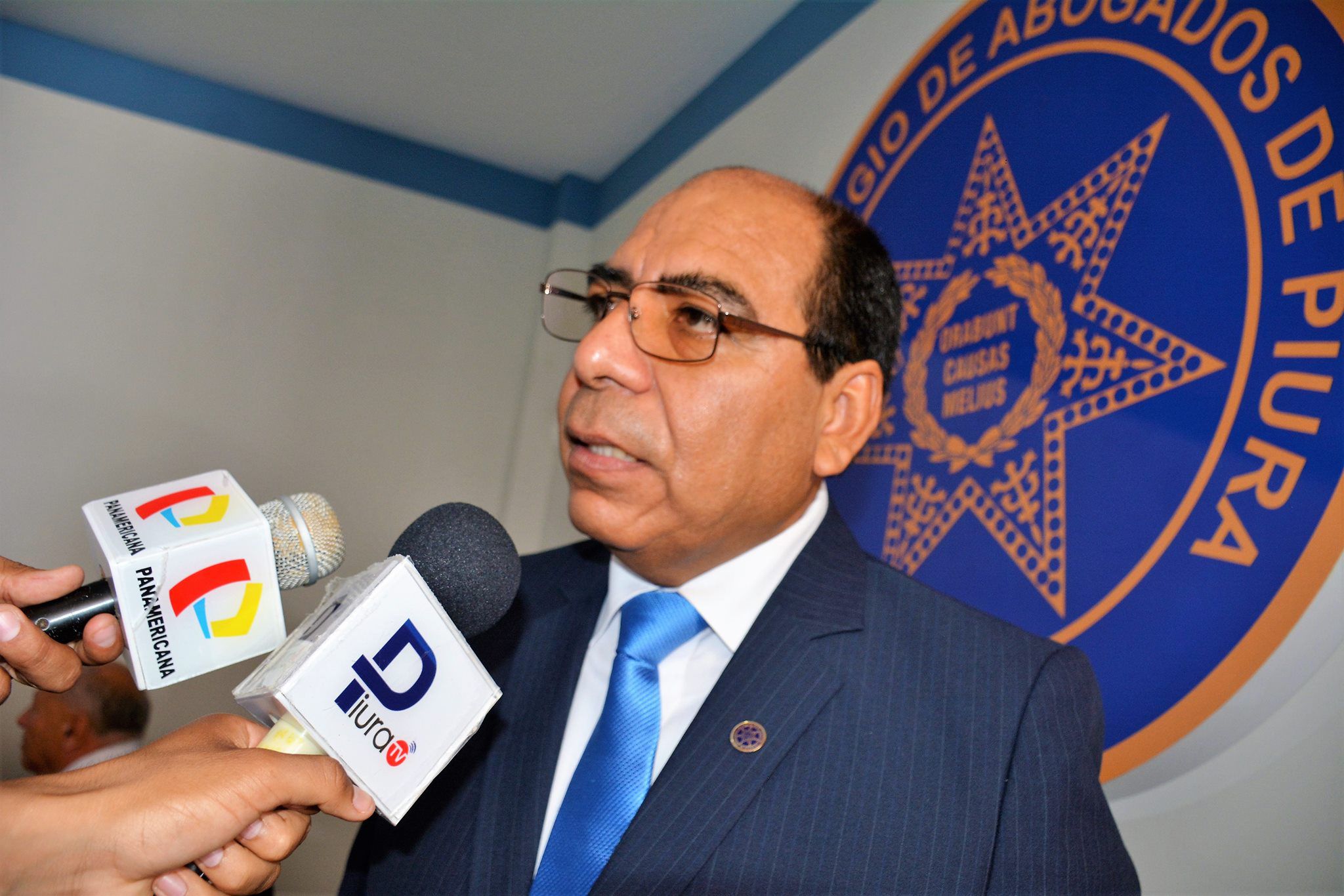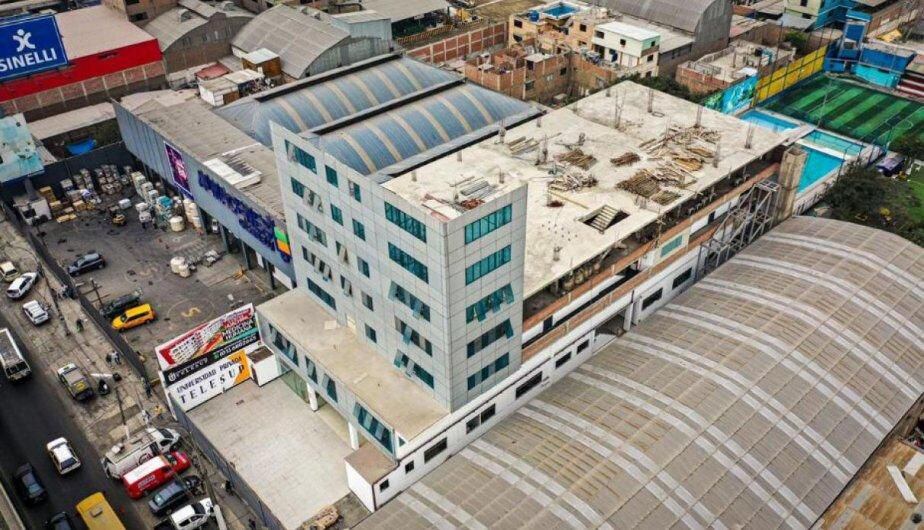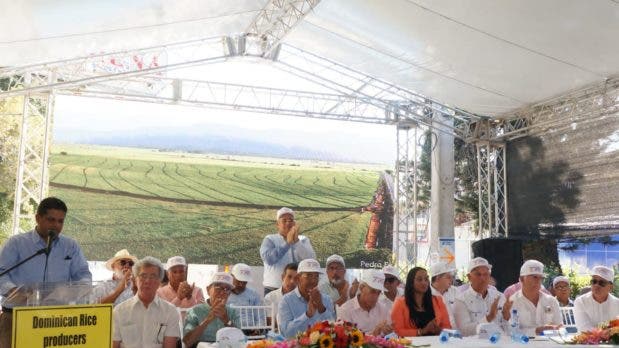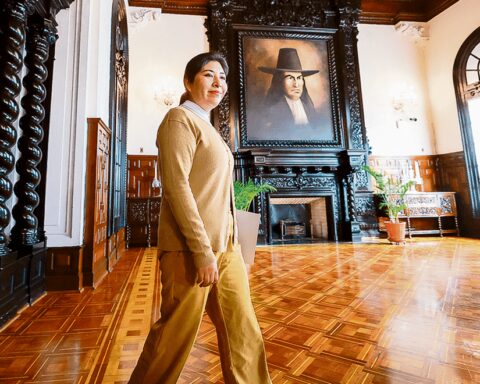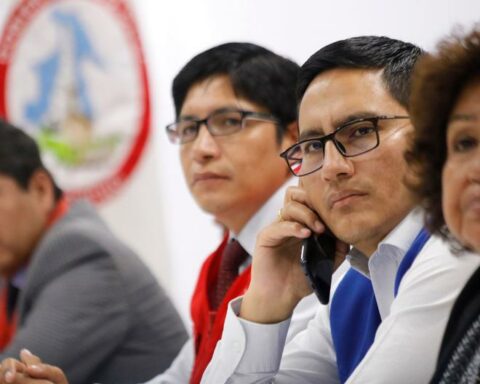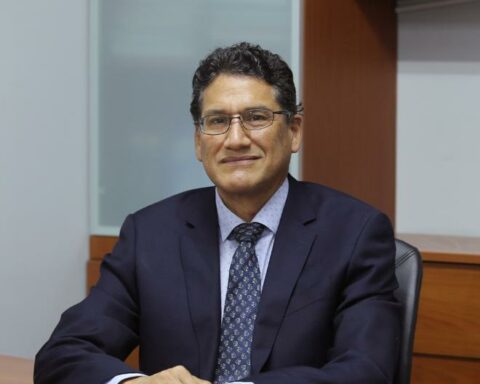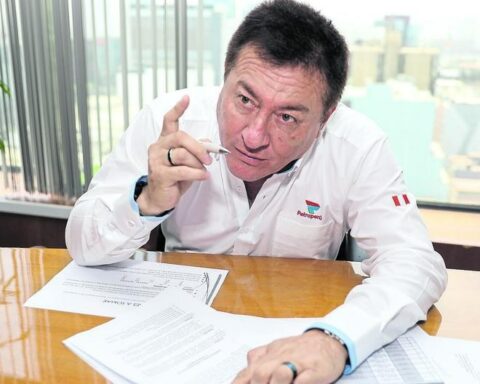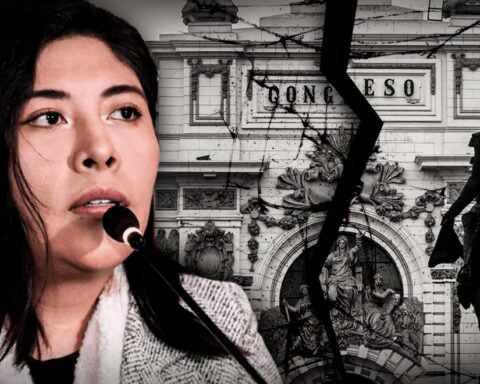Law 31520, which “aims to restore the autonomy and institutionality of the peruvian universities”, shows, through its new board of directors, the opposite of what it promised.
And it is that, after the approval of the norm, the directory of the National Superintendency of Higher University Education (Sunedu), has chosen yesterday the new superintendent of the entity with four members of seven, in breach of what the Law itself dictates.
These are the two representatives of public universities, one from the Ministry of Education (Minedu) and the other from the Council of Deans of Professional Colleges of Peru, of which at least three have questions, including the new superintendent of Sunedu: Manuel Castillo Venegas, from the National University of Piura.
LOOK Mayor of Piura Gabriel Madrid: “Piura does not deserve indifference”
The missing members belong to Concytec, private universities and the National System of Evaluation, Accreditation and Certification of Educational Quality (Sineace), entities that, precisely, were against the approval of the aforementioned Law.
Castillo Venegas has a list of backgrounds that do not make him the best candidate for an entity that is in charge of protecting the quality of higher education. This lawyer has been investigated for the alleged crime of money laundering for the illegal management of the teaching contests of the university where he comes from and, as if that were not enough, he was accused of embezzlement of funds from the Piura Bar Association (ICAP). . These cases were closely followed by the Piura press.
Sources from Peru21 warned that “they were seeking to elect a university counter-reform superintendent, blocking the appointment of Sineace and ignoring other representatives.”
This newspaper tried to communicate with the new superintendent of Sunedu, but until the closing of this report, there was no response.
BENEFITED
According to a list of unlicensed universities obtained by this newspaper, until last year, there were 51 higher education centers that did not have an operating license for not meeting up to 41 of the 44 basic quality requirements that are needed to be licensed.
Within this group is, for example, the Private University of the Center (Upecen) of the León Untiveros family who have a direct relationship with the family of Vladimir Cerrón, convicted of corruption and owner of Peru Libre.
The aforementioned family and the Cerrón Rojas, as one of the Untiveros sons commented to this newspaper, have known each other for no less than 25 years. Vladimir Cerrón’s parents worked at Upecen. Jaime Cerrón Palomino became academic vice-rector of the university and Bertha Rojas a professor at the same center. Waldemar Cerrón, Vladimir’s brother and congressman, has a degree in education from said university.
Another is the Telesup Private University, which, in addition to a fine of S/58 thousand for illegal charges, drew attention to one of its buildings located in San Juan de Lurigancho, where the structure appeared to have seven floors, when in reality it only had four. A Sunedu report assured that this and other venues did not meet minimum quality standards, putting the lives of the students at risk.
There is also the case of the Inca Garcilaso de la Vega University, which was penalized for the alleged misuse of assets and university surpluses. In 2016, its income was around S/200 million, when only in administrative expenses it exceeded S/221 million, this without mentioning the salary received by its former rector Luis Cervantes Liñán, which exceeded S/2 million per month, according to journalistic reports from the epoch.
This university was also sanctioned with 300 UIT, equivalent to S/1’260,000, for issuing professional titles to high school graduates from other universities.
These are the universities that could work again if Sunedu changes course.
For the former Minister of Education Juan Cadillo, first it should be reviewed “that the objective of the regulations is that the supervised person would become a supervisor. It creates suspicion and there is a clear interference from the Ministry (of Education) when it is known that the members (of the Board of Directors) instead of meeting at the Sunedu facilities, do so at the Minedu ”, he assured.
In addition, he called on the Minedu to change its representative, because after learning that there are irregularities and not changing the representative, it denotes that “there is a clear question of interests,” he asserted.
All the eyes of the actors around higher education are on Sunedu.
KEEP IN MIND
- The benches of Perú Libre, Renovación Popular and Fuerza Popular were the ones that launched a lifeline to unlicensed universities by approving the norm in Congress.
- Many of these unlicensed universities are related to parliamentarians from the Education Commission, which is where the projects came from to be approved later.
- Former President Pedro Castillo even showed off on a beach in Lima with the former rector of the Peruvian University of the Americas, a company that did not obtain the license.
RECOMMENDED VIDEOS

